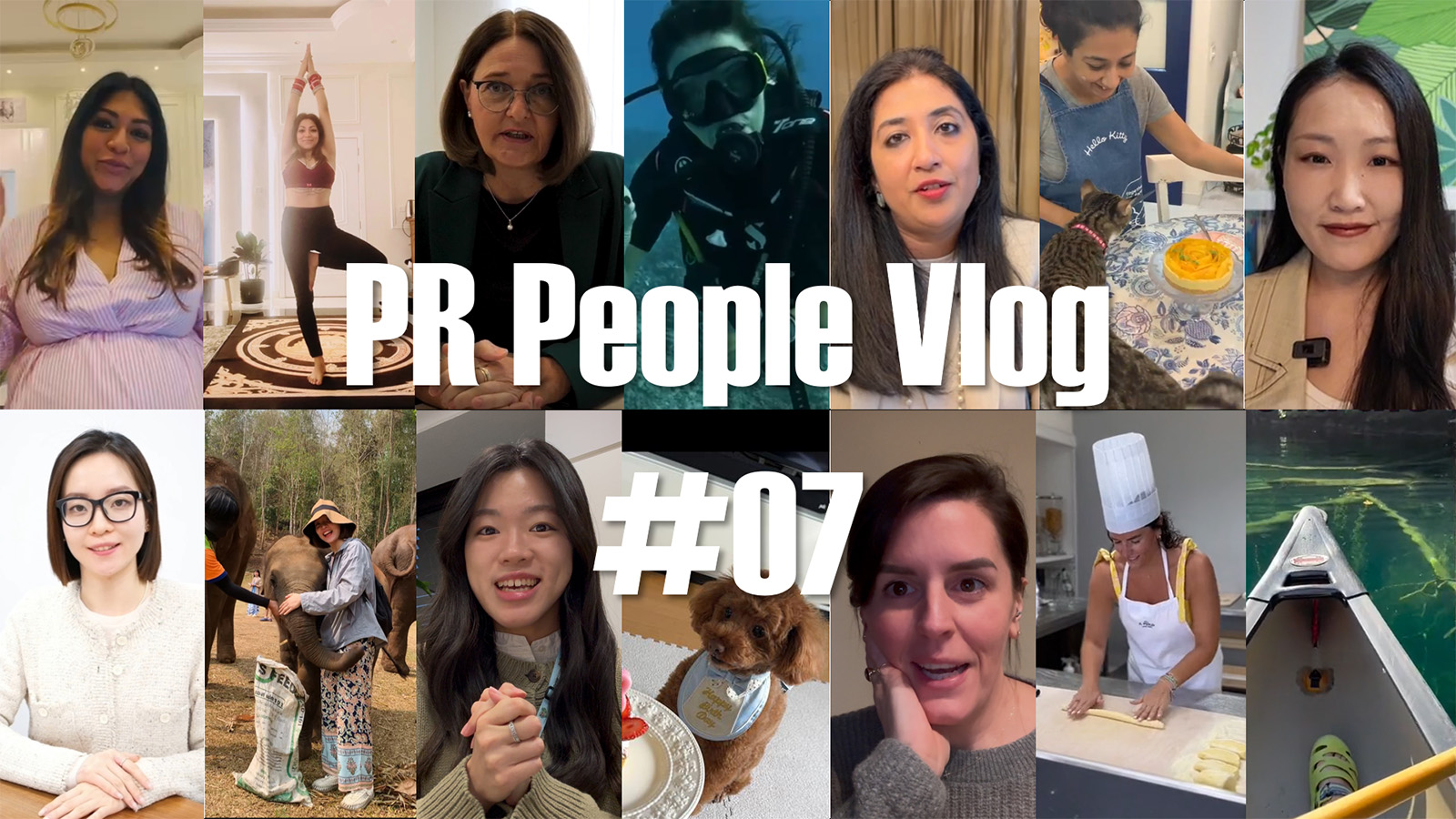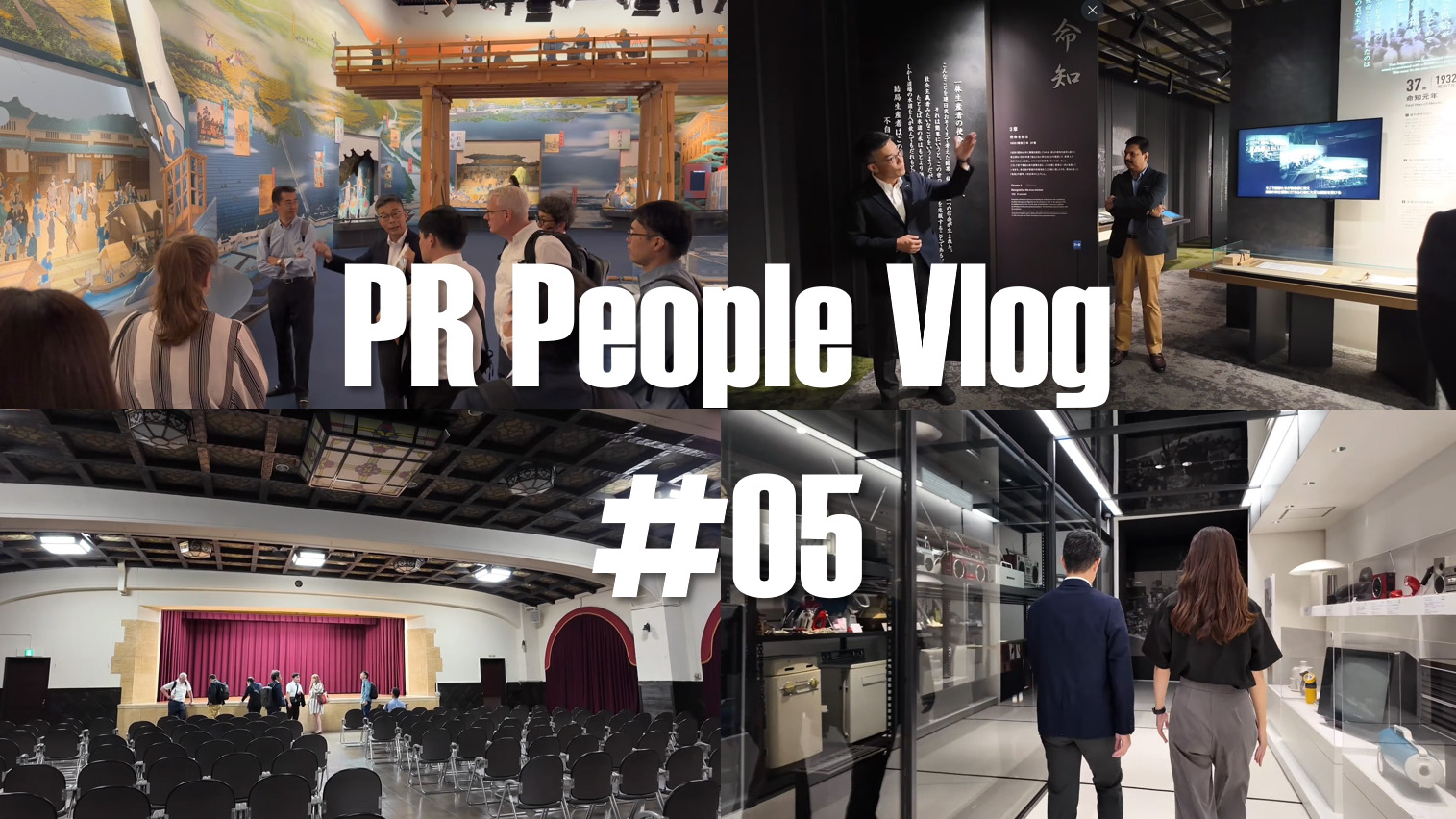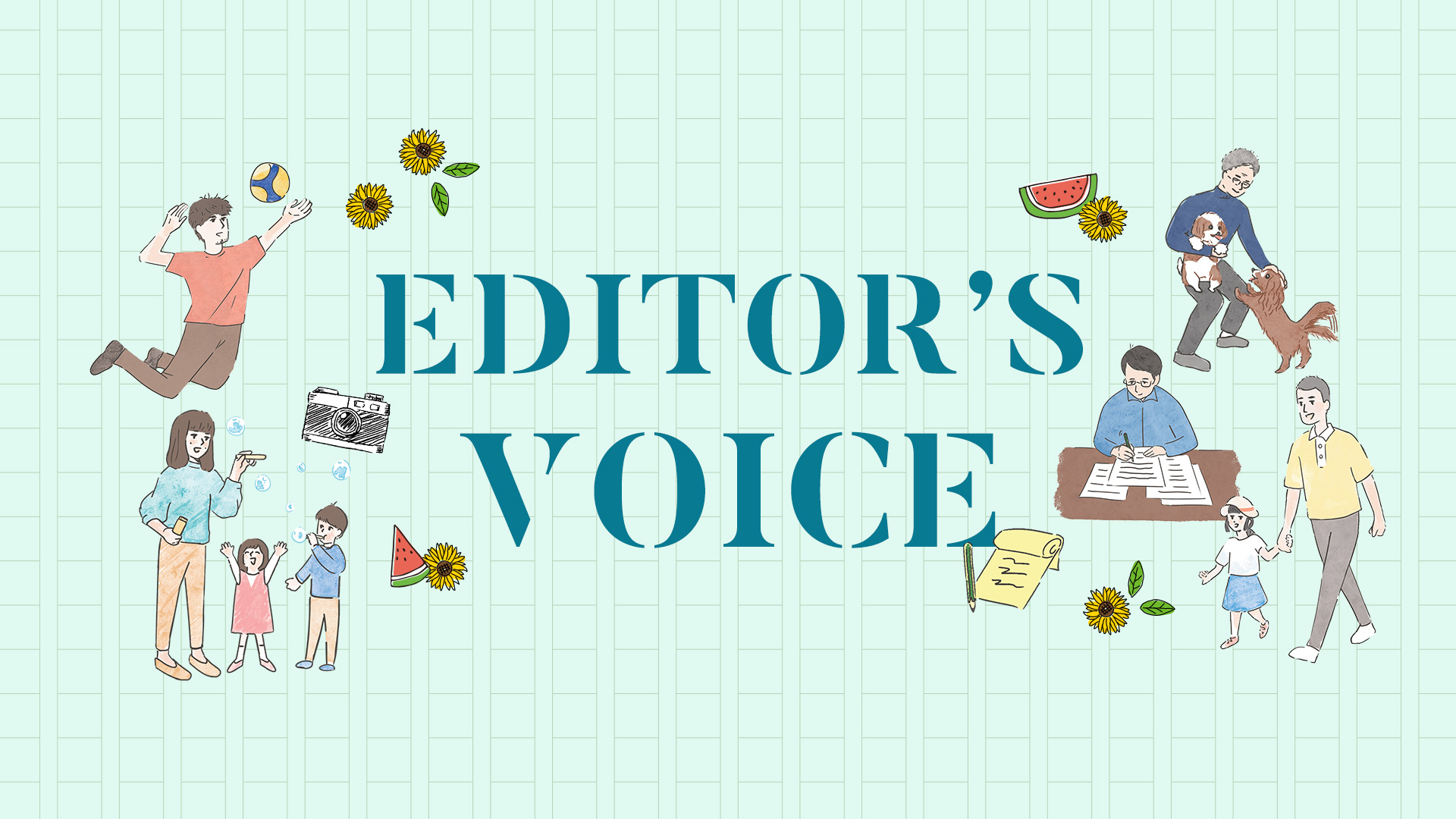
Understanding the challenges of busy working parents, Yoky Matsuoka, Managing Executive Officer of Panasonic Corporation, launched a new service that focuses on wellbeing of families
Can you briefly introduce yourself? What is your background and area of expertise?
I was born and raised in Japan and made the move to the US when I was 16, which is where I've been based ever since. I initially came to the US to focus on tennis, which was my passion growing up, but was forced to sideline my hopes of playing professionally due to an injury. Despite this setback, I was fortunate to discover a new passion - science and technology. I got my B.S. from the University of California, Berkeley, and my M.S and PhD in electrical engineering and computer science from MIT.
My area of expertise is in computer science and AI, and my research has also encompassed neuroscience and robotics. My career began in academia as a professor at Carnegie Mellon University and the University of Washington. During my tenure at UW I founded and directed the Center for Sensorimotor Neural Engineering and the Neurobotics Laboratory to create devices to restore the human body's capabilities for sensation and movement. My career took a turn when I decided to take the leap from academia to work in Silicon Valley. Since then, I've worked with leading tech companies having held roles including CTO of Google Nest, Vice President at Google's Healthcare organization, Co-Founder of Google X, a senior executive at Apple, and CEO of Quanttus, a wearable health technology startup.
I am currently the Founder and CEO of Yohana, a subsidiary of Panasonic based in the US focused on building consumer technology products to help people live happier and healthier lives. Within Panasonic, I also lead global innovation while serving as the Managing Executive Officer of Panasonic Corporation. Our team has worked closely with Panasonic to launch Yohana and we are looking forward to continuing our partnership. I feel very supported in leading this exciting venture.
Why did you start Yohana? What is your mission and vision?
I've always been motivated by a desire to create technology and solutions that allow people to be who they want to be. From the beginning, Yohana has been focused on improving people's physical and mental wellbeing so they can be who they want to be - Whether it's a piece of hardware, artificial intelligence, or even another person - my mission is to build technology and solutions that empower people to be the best versions of themselves.
I've always found it difficult to delegate daily tasks and felt incredible pressure to be self-sufficient, something which I can attribute to my Japanese upbringing. The first time I hired a cleaning service, I cleaned up my entire home before they even arrived. I tidied up so that it was easier for the cleaning service to clean. After finally "letting go" and getting the hang of delegating, I felt liberated and found the time and ability to focus on things that were important to me and enhanced my wellbeing.
As a mother of four, I knew American families were in crisis and were too busy to even type a to-do list on their smartphones. And then the COVID-19 pandemic hit and amplified the problem. 40% of mothers have added three or more hours of additional caregiving a day to their schedule, since working moms are still expected to carry out the bulk of household chores. Boundaries have become so blurred that working women in particular are unable to do their jobs to the best of their ability due to other responsibilities. This is an issue that resonated with me personally. For me, the pandemic made life oscillate out of control - just like it did for millions of other women. And it brought both the problem and a potential solution into focus.
I began focusing on how I could help people facing a similar situation of burnout. Eventually my mission became: "To build technology to enhance wellbeing for families," and that was how the idea for Yohana came to be.
What is Yohana's initial service offering and how are you applying AI and technology to creating products and services that enhance wellbeing for families?
Yohana is essentially a wellness company focused on helping families find more balance, prioritize wellbeing, and be more present for each other. I designed the Yohana Membership to be a subscription service that provides members with a real personal assistant, someone who gets to know you and your family and establishes a relationship of trust. The availability of such a person would help people to delegate daily tasks without guilt, helping working women to be more present in their own lives.
Yohana's unique selling point lies in the Yo assistants, made "superhuman" through technology, who customers can reach via our app. Currently the app deals with memos but will eventually integrate voice software by using devices like Google Home to add to-do lists. The role of AI in the app will grow over time as we learn more about our customers' needs and can increasingly incorporate data, and eventually reduce the number of assistants needed per household.
You've worked with large corporations and startups. Tell us about some of the benefits of Yohana and how it's positioned. Why did you choose Panasonic as your partner?
Even though I was born and raised in Japan, I sometimes feel out of place living in the US, where Yohana's operations currently take place. Despite this, Panasonic placed their trust in me. Having both US and Japanese connections, I recognize that Japanese women face similar issues to those in the US. Panasonic is one of the oldest purpose-driven brands in the world. When Konosuke Matsushita founded Panasonic in 1918, his goal was to contribute to the development of society and the wellbeing of people around the world. Later, Matsushita founded an institute and published a monthly magazine devoted to happiness and a better society. When I first visited the company, I was really surprised at how every single person seemed to be working towards that mission. This DNA lives on in Panasonic and I felt that their desire to really change the world through their products aligned with my own.
I am confident that I am partnering with the right company and expect this to be a fruitful relationship for both sides. A major benefit Yohana can bring is that we are a small and agile company, and so can generate unique products, something that I believe will complement Panasonic's vast business expertise and scale. I was looking to collaborate with a hardware company with Panasonic's sense of urgency and desire to collaborate with software companies in a period of major industry-wide change. I am very excited for the synergies that we can achieve through this partnership.
What impact do you hope to see in society in 10 years' time with the advancement of building technology for women and families?
I want to develop a service that can help me care for my whole family; from my children, to my elderly parents. My own mother developed Parkinson's and is therefore in need of constant care. She says that although fall detection is an important element of care, humans are complex individuals with different and unique needs. For this reason, offering the human touch alongside technology will be an essential part of Yohana's service over the next few decades. Dedicated assistants who are not just a first name, but a person with whom users will feel comfortable building a relationship of trust.
I think one specific area that this technology will be very applicable to in the future is elderly care. In Japan this will be extremely important moving forward due to population decline and advanced ageing. It will also become very important in the US in a decade or two.
Our vision for the future overlaps with Panasonic's in that we both foresee hardware, services, and people all being utilized together. We are building one of the pieces. I hope that in the future, working women will be able to use this kind of caregiving technology to start delegating, develop systems of trust within our service, and not be forced to keep making difficult compromises between their professional and personal lives.
# # #
Disclaimer:
We would like to note that Panasonic Newsroom is not a place to address personal Customer Service issues. Even though this is not the forum, Panasonic is always eager to resolve your concerns. Our local customer services contacts can be found at Global Support or you can see our list of Social Media Accounts to find the right channel for your queries and concerns.
Related Links
Related Videos
Meet Yohana: New Wellness Company Designed for Busy Families








